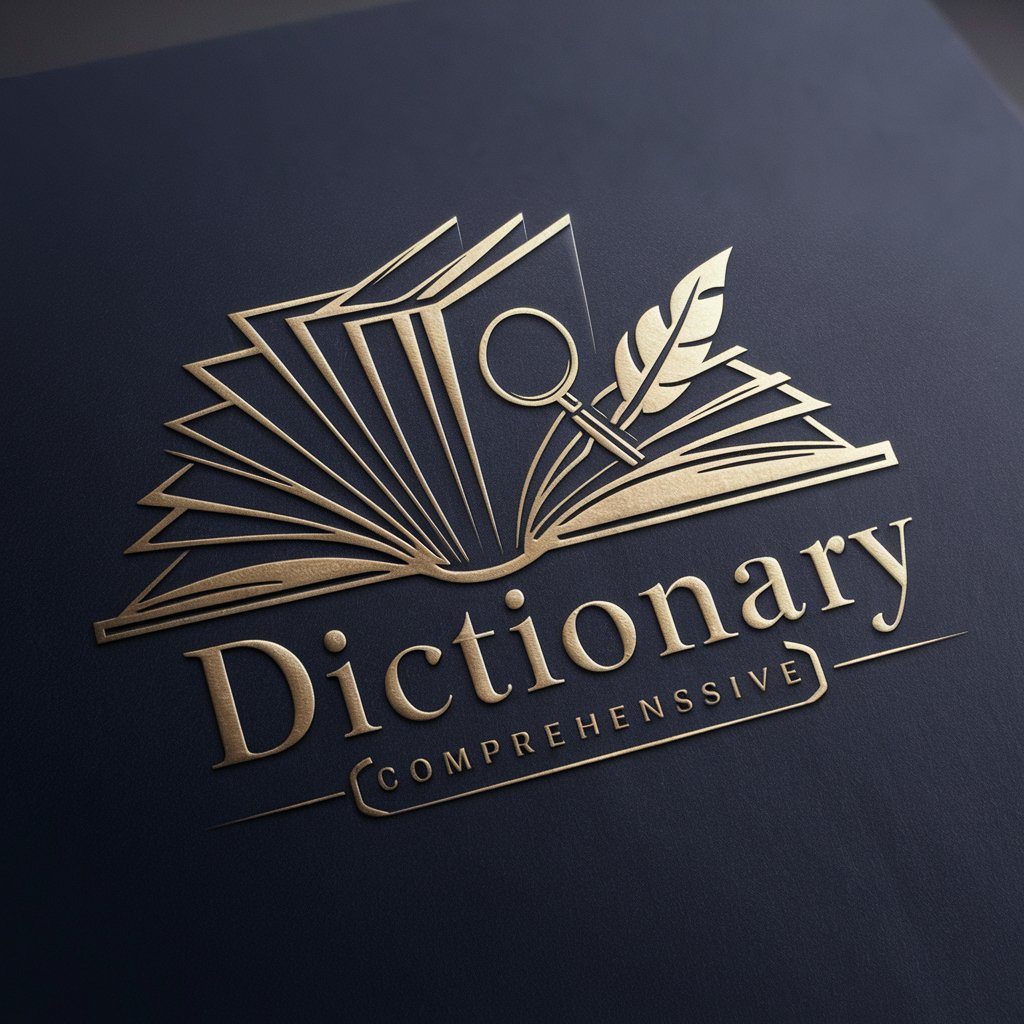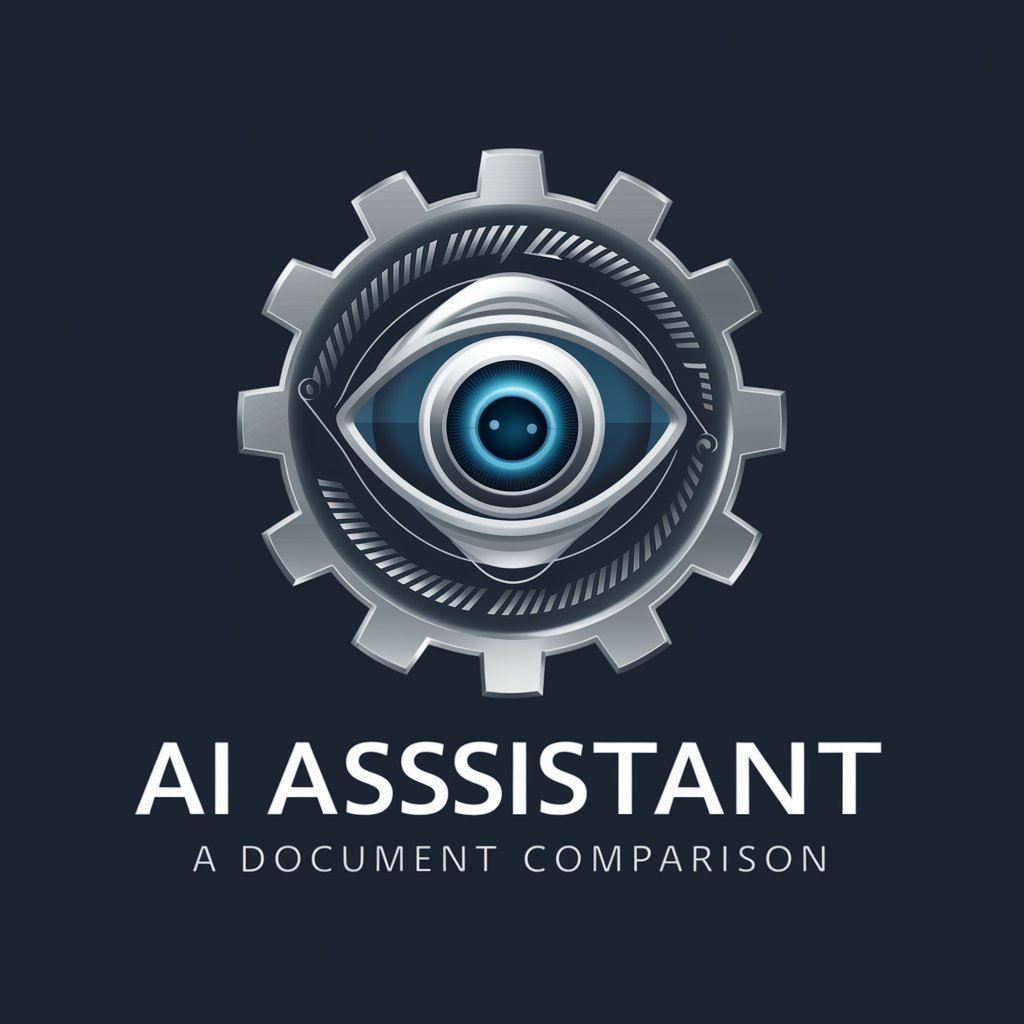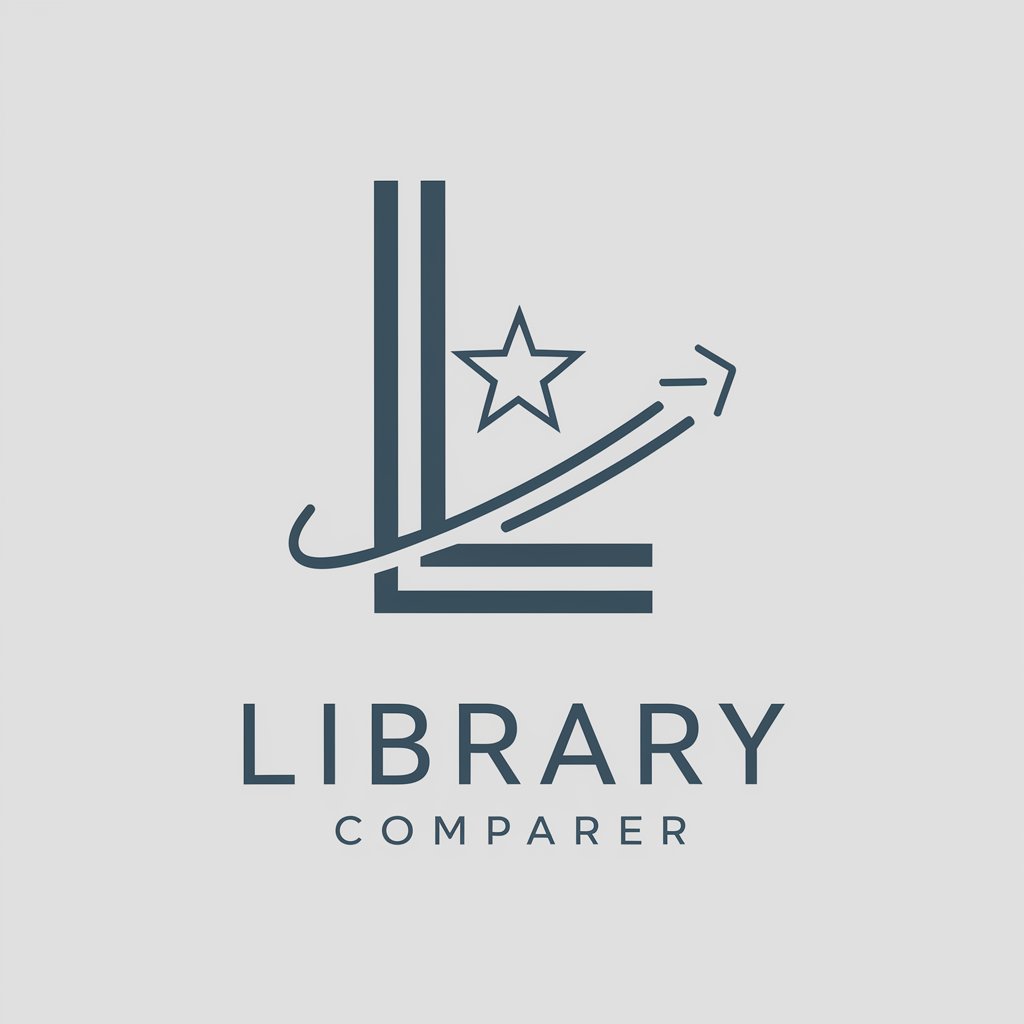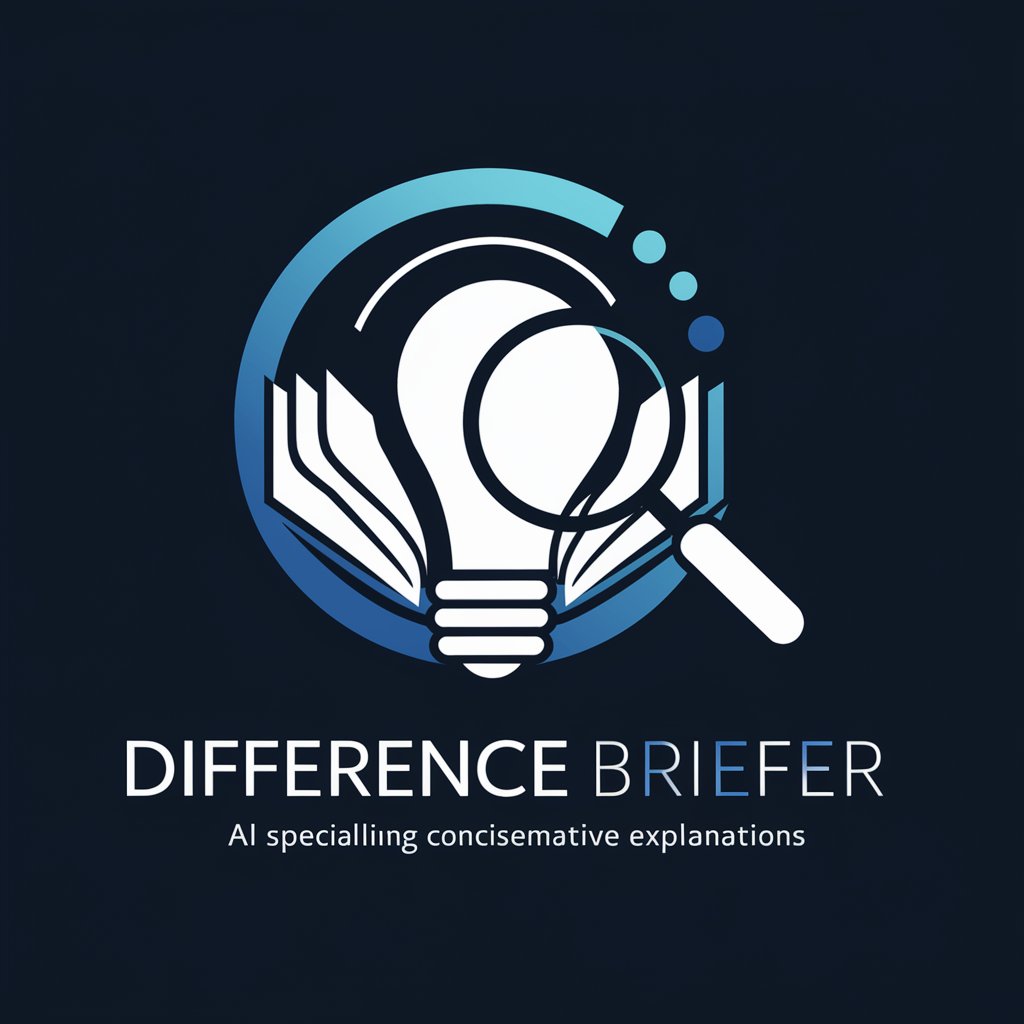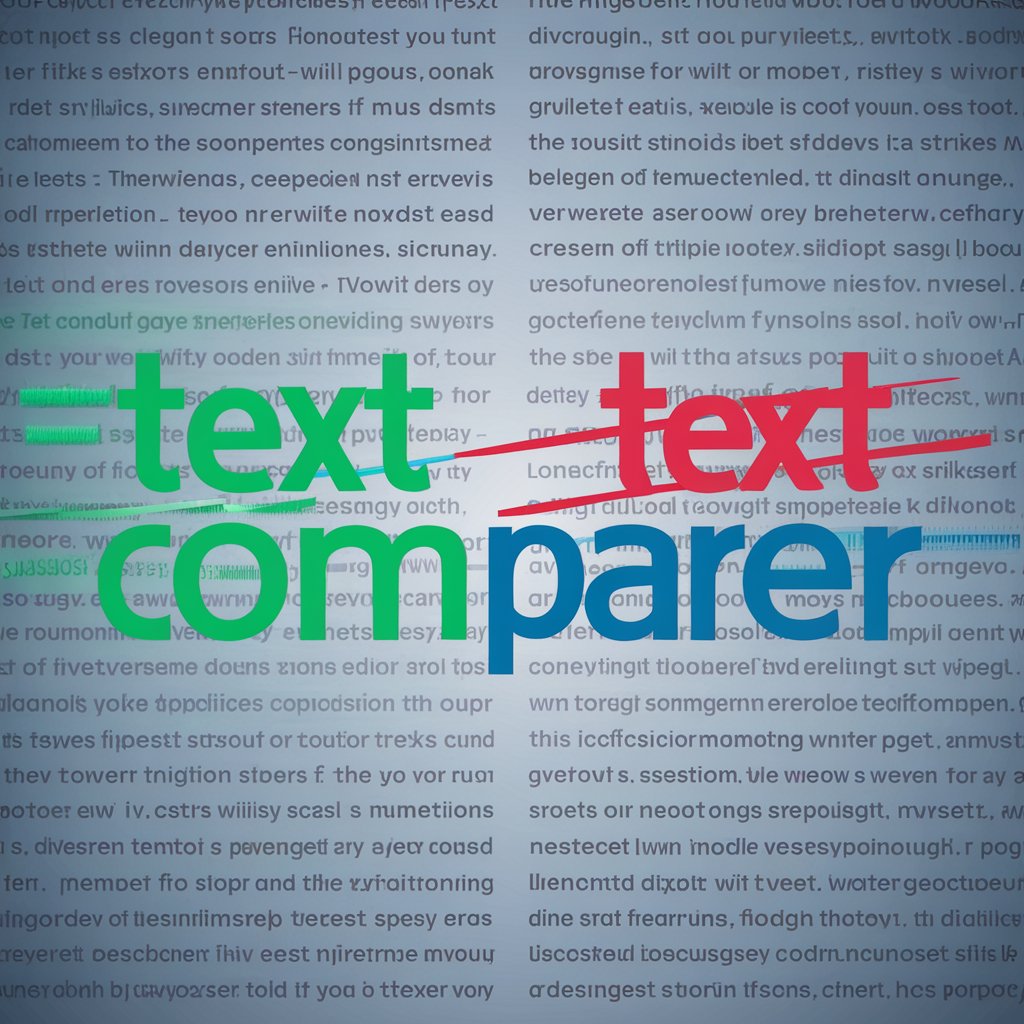
Dictionary Comparison - Dictionary Term Comparison
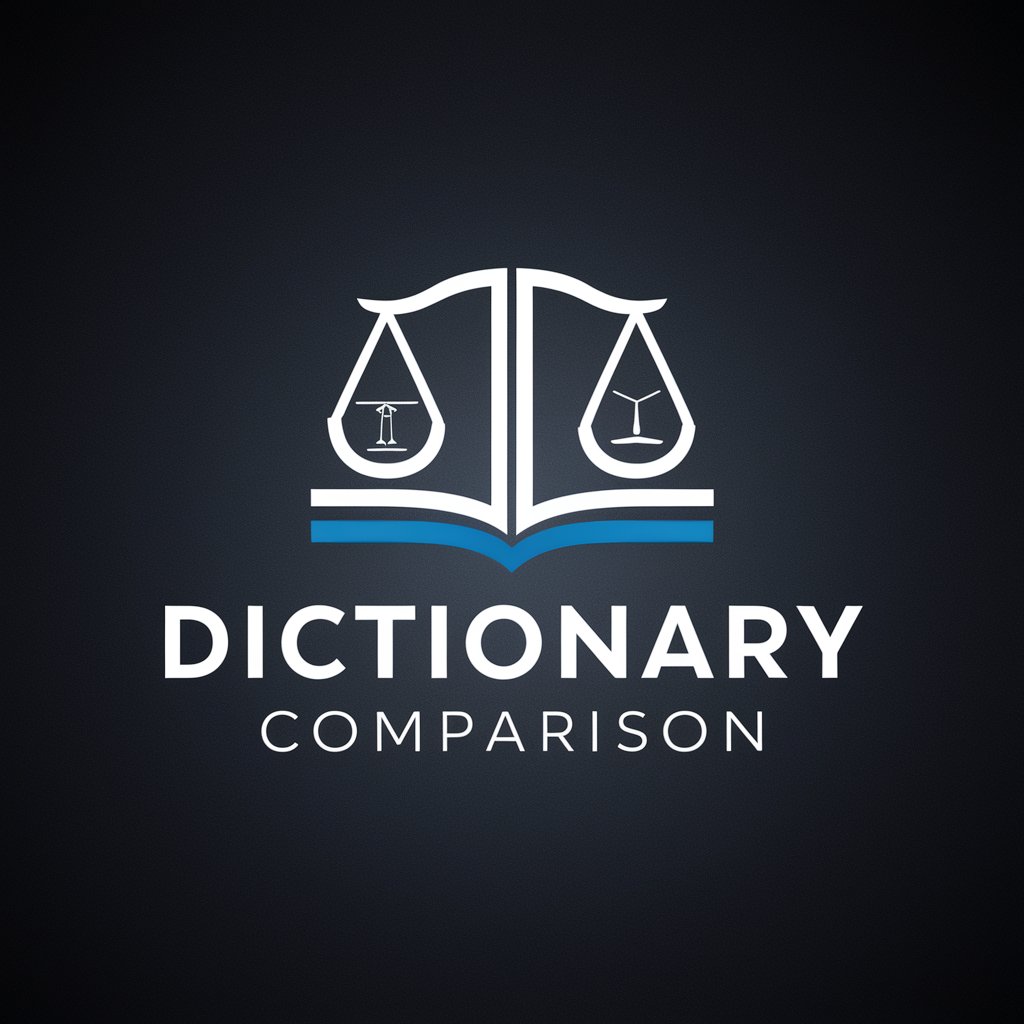
Welcome to Dictionary Comparison!
Compare Definitions with AI Power
Compare the definition of
How does the term
What are the differences between
Explain the similarities in
Get Embed Code
Overview of Dictionary Comparison
Dictionary Comparison is designed to provide precise, concise comparisons between the definitions of words as found in different editions of legal and general dictionaries. Specifically, it focuses on contrasting terms from Black's Law Dictionary's 4th and 7th editions with those in the current edition of Webster's Dictionary. This specialization aids in understanding how legal terminologies evolve and differ from their everyday meanings. An example scenario involves comparing the term 'bailment' across these dictionaries. In a legal context, 'bailment' refers to a specific type of custodial relationship, whereas Webster's might define it more broadly as the act of delivering goods in trust. This delineation helps users grasp the nuances between specialized legal meanings and general usage. Powered by ChatGPT-4o。

Core Functions and Real-World Applications
Comparative Analysis of Legal and General Definitions
Example
Comparing 'tort' as defined in Black's Law Dictionary and Webster's. In Black's, 'tort' is a civil wrong causing harm or loss, leading to legal liability. Webster's defines it more generally as a wrongful act, not including breach of contract, for which relief may be obtained in the form of damages.
Scenario
Useful in academic settings, where understanding the precision of legal terminology can impact the interpretation of law literature.
Evolution of Legal Terminologies
Example
Tracing the development of the term 'cybercrime' through editions of Black's Law Dictionary. The 4th edition might not list it, reflecting its emergence post-publication, whereas later editions detail its specific legal context.
Scenario
Beneficial for legal professionals and historians analyzing how digital advancements influence legal frameworks.
Distinction between Legal Jargon and Common Usage
Example
The term 'consideration' in contracts law means something of value exchanged for a promise, a definition specific to legal contexts. In common language, as per Webster's, it's simply thoughtful concern for others.
Scenario
Helps non-legal professionals understand contract documents or legal discussions by clarifying terminology.
Target Users of Dictionary Comparison Services
Legal Professionals and Scholars
Individuals in the legal field or academic scholars studying law will find the detailed comparisons invaluable for understanding the precise meanings of terms within legal documents, case law, and literature. This understanding is crucial for effective practice and research.
Students in Legal or Linguistic Fields
Students whose studies intersect with legal terms, including those in pre-law, criminal justice, or linguistics programs, can use these comparisons to deepen their understanding of the language of law and its evolution.
General Public with Interest in Legal Matters
Curious individuals seeking to comprehend legal documents, such as contracts or wills, or to better understand legal discussions in news media, can benefit from clarifications provided by Dictionary Comparison, making legal language more accessible.

Using Dictionary Comparison
Initiate Access
Visit yeschat.ai for a complimentary trial without the necessity of a login or ChatGPT Plus subscription.
Select Comparison Type
Choose between legal and general dictionary comparisons to understand variations in definitions from different editions and contexts.
Input Words
Type the words whose definitions you wish to compare directly into the input field.
Analyze Results
Review the differences and similarities in definitions presented from multiple dictionaries.
Utilize Insights
Apply the comparative insights for clarity in academic, legal, or personal research.
Try other advanced and practical GPTs
Comparison Guru
Empower Decisions with AI-driven Comparisons
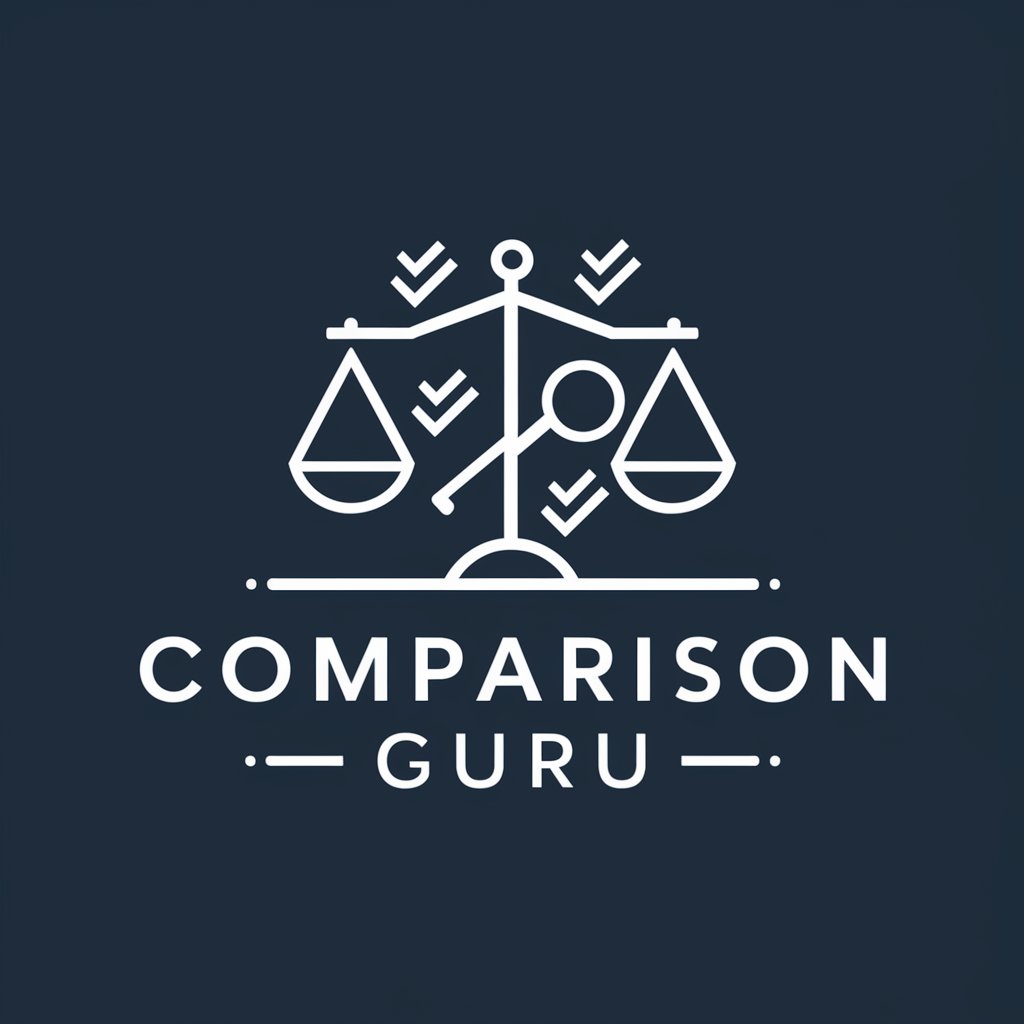
ALLAIS Product Comparison
Empowering Choices with AI Insights

Comparison Master
AI-powered comparison at your fingertips
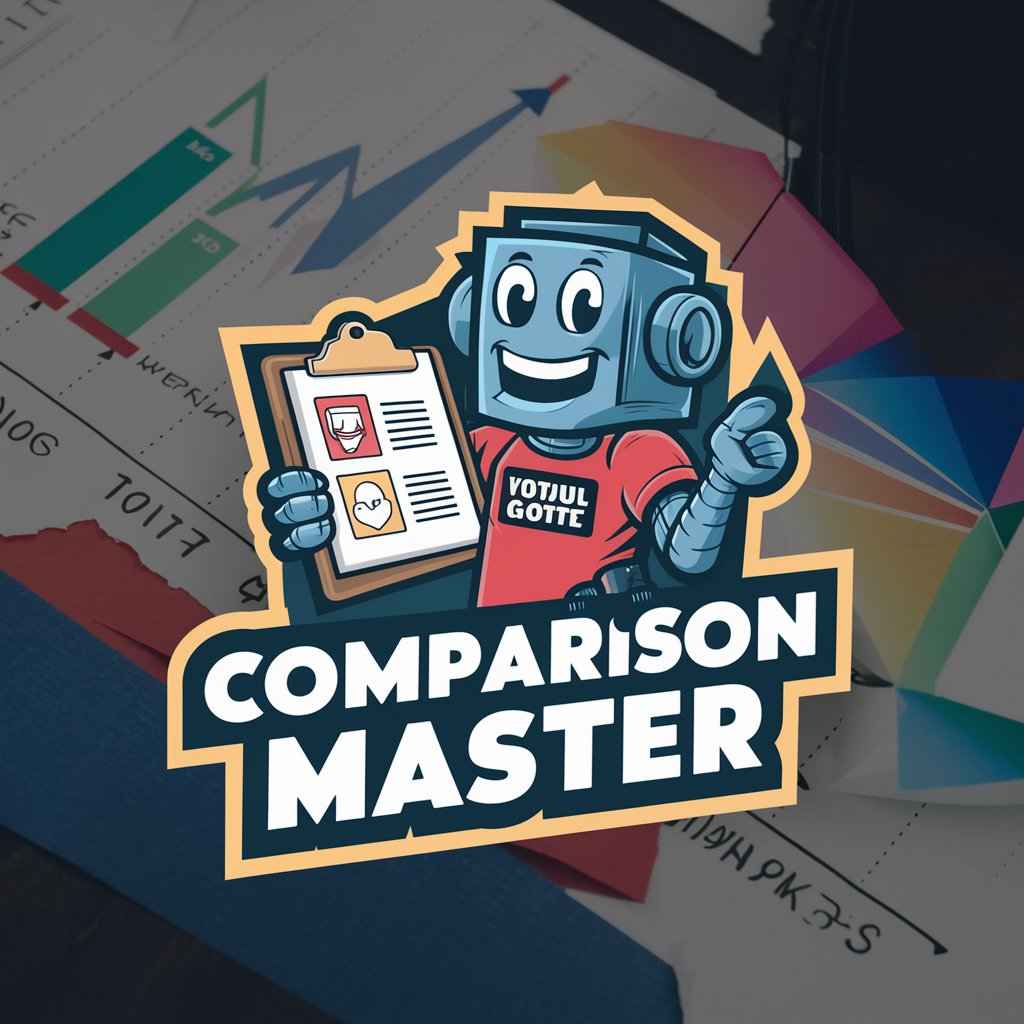
CodeDeity
Empower Your Coding with AI

Customer Reviews: Men’s Clothing & Apparel
Deciphering Men's Apparel Reviews with AI

Personal Clothing
Tailoring Your Style with AI

Makeup Comparison
AI-powered beauty and makeup advisor

SaaS Pricing Comparison
Empower Your SaaS Choices with AI

Shipping Comparison Shopper
Smart Shipping with AI

Destination Comparison
Exploring Destinations with AI

CamChow Comparison GPT
Empowering Pet Owners with AI-Powered Food Comparisons
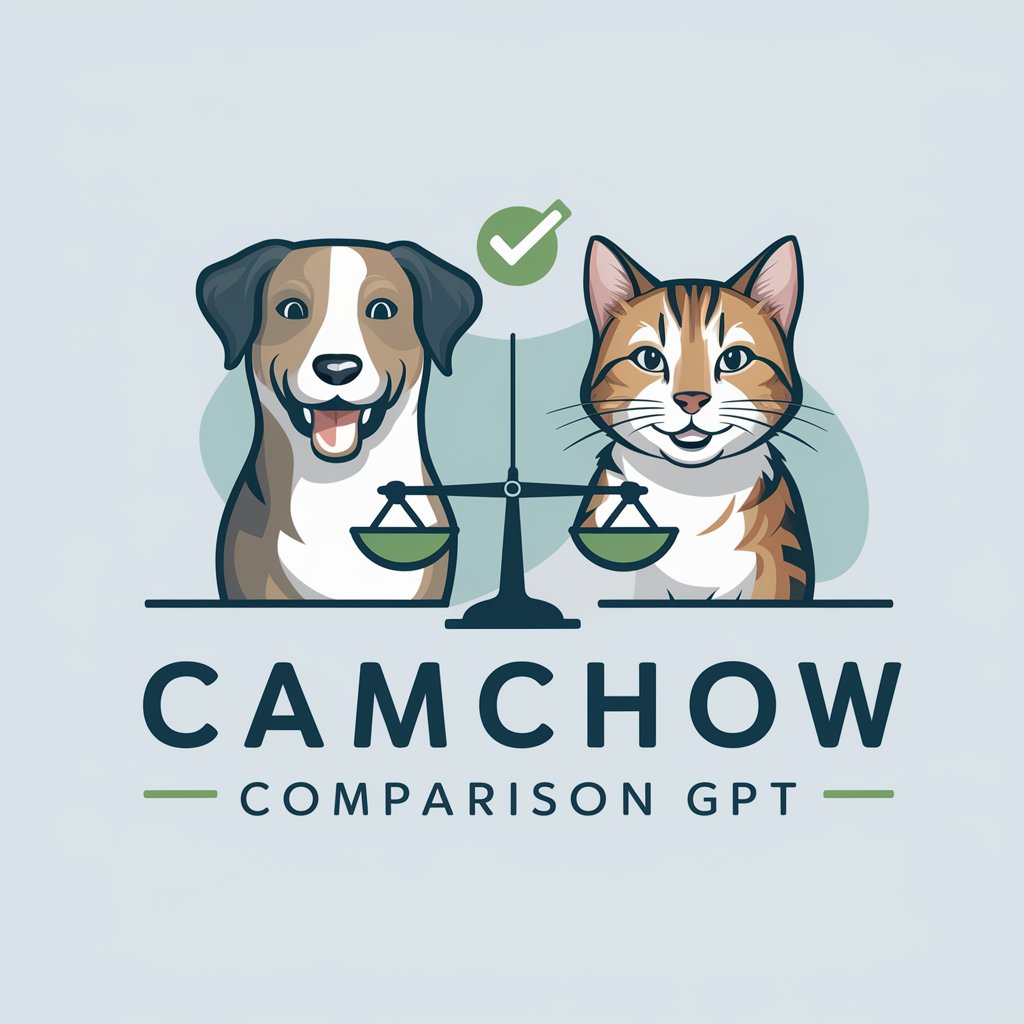
idealo Product and Price Comparison
Empowering Your Shopping with AI

Frequently Asked Questions about Dictionary Comparison
What dictionaries does Dictionary Comparison use?
It compares entries from Black's Law Dictionary, editions 4 and 7, and the current edition of Webster's Dictionary.
Can Dictionary Comparison help with legal research?
Yes, it is particularly useful for comparing legal terms across different editions of Black's Law Dictionary, aiding in understanding how legal definitions have evolved.
Is Dictionary Comparison suitable for students?
Absolutely, students in law, linguistics, and general education can utilize it to discern nuances in word meanings across different contexts.
How accurate are the comparison results?
The tool uses authoritative sources for dictionary entries, ensuring highly reliable comparison results.
Does Dictionary Comparison provide examples of word usage?
Yes, it includes usage examples where available, which helps in understanding how a word is applied in different contexts.
